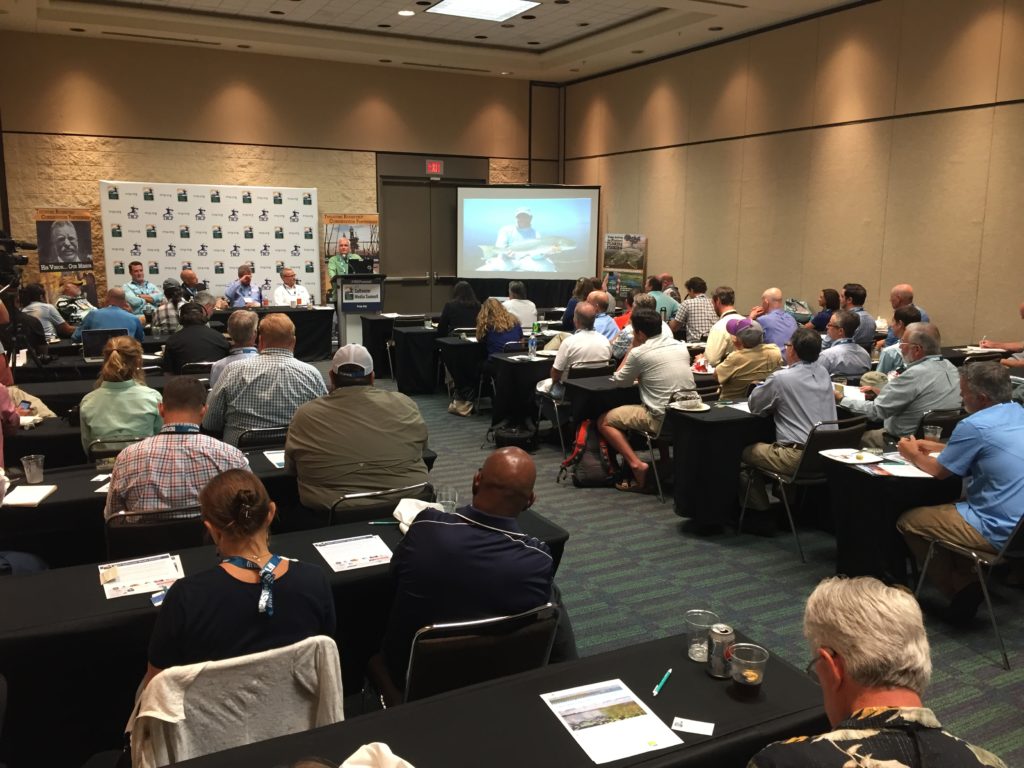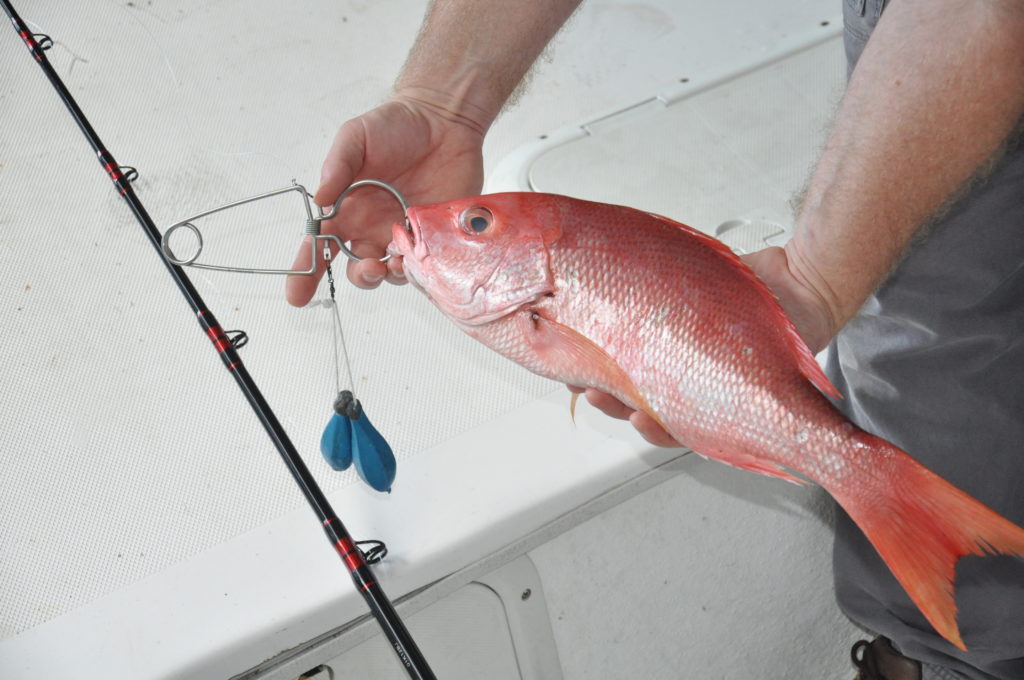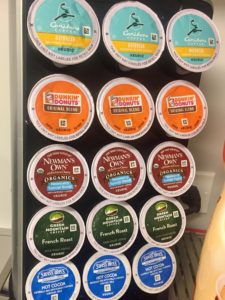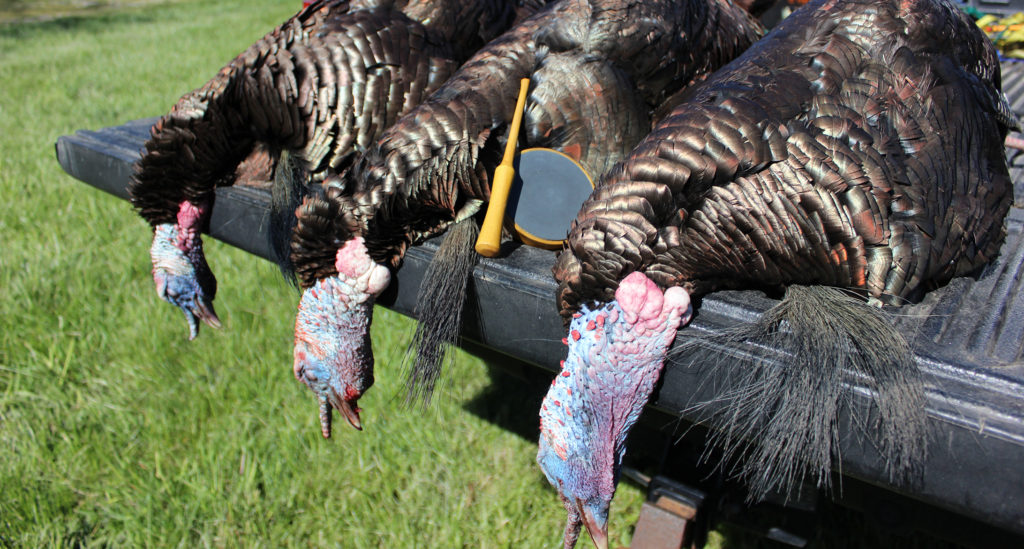Modern federal fisheries management should recognize the value of recreational fishing to local communities and conservation in America—here are three ways to do that
Frustration among anglers is at an all-time high. Overall, recreational and commercial fishing are still being treated the same, despite being fundamentally different activities that require different management approaches. Federal fisheries managers are also employing inherently imprecise data on recreational harvest in a system that requires great precision. Combined, you have a situation where it’s common for anglers to lose access and lack trust in federal fisheries managers.
But there are policy solutions, and the sportfishing, advocacy, and conservation communities continue to work with federal and state policymakers to improve saltwater recreational fishing management and ensure there are healthy stocks of forage fish and gamefish in America’s coastal waters. Here’s what we want to see.
Modernizing Federal Fisheries Management

Currently, federal fisheries managers set catch limits for recreational and commercial fishing using quotas to harvest stocks up to maximum sustainable yield. While this may be an ideal management strategy for commercial fishing, where harvesting the maximum biomass is desired, it is not an effective management tool for recreational fishing, where abundance, size, and opportunity are more important. We get out on the water to catch fish for food or catch and release fish as a way to enjoy the outdoors—our motivations and tactics are different than the commercial sector.
In the past year, the recreational fishing community has explored the technical aspects of incorporating more management techniques appropriate for recreational fisheries into federal approaches, and our groups worked with decision makers to develop pieces of legislation to implement these ideas. “The Modernizing Recreational Fisheries Management Act of 2017” was introduced in the House of Representatives in April and in the Senate this week.
The bill requires an examination of allocations in mixed-use fisheries, allows for the use of alternative management approaches for recreational fishing, and requires federal managers to work more closely with state fisheries agencies and research facilities to incorporate data on fish stocks and improve angler data collection on harvest and effort.
A Short-Term Fix for Red Snapper

In May, state fisheries management agencies joined Gulf-region elected officials and the Department of Commerce to address the historically embattled red snapper season for federal waters, set for just three days in 2017. Gulf-state fisheries agencies traded red snapper fishing days in state waters for a 39-day red snapper season on weekends through Labor Day 2017. A high level of cooperation and coordination was needed to have all five states agree to this deal with the federal government, and the extended season has calmed anger and frustration among Gulf anglers.
However, it is a temporary fix. A long-term solution will require more cooperation, improved data collection, and continued efforts from Congress to address federal laws that manage recreational fishing based on the values of commercial fishing.
Managing Menhaden
Forage fish like menhaden serve as the foundation of the food chain, supporting sportfish such as striped bass, bluefish, red drum, speckled trout, and other species enjoyed by recreational anglers. Improving forage fish management and the conservation of these stocks is critical to the health of these economically important game fish.
Currently, the Atlantic menhaden fishery is managed as a single species, but this approach fails to account for the little fish’s critical role as an essential food source. In November 2017, the Atlantic States Marine Fisheries Commission will vote on whether to transition menhaden to an ecosystem-based model, which would account for predator-prey relationships and bring forage fisheries management into the 21st century. The TRCP, ASA, and CCA are working with sportsmen and conservation groups to support this landmark decision, and sportsmen and women will have a chance to weigh in this fall.
Want to be the first to know about your opportunity to take action? Sign up for the Roosevelt Report.
Cover photo and above courtesy of Florida Fish and Wildlife Conservation Commission.






